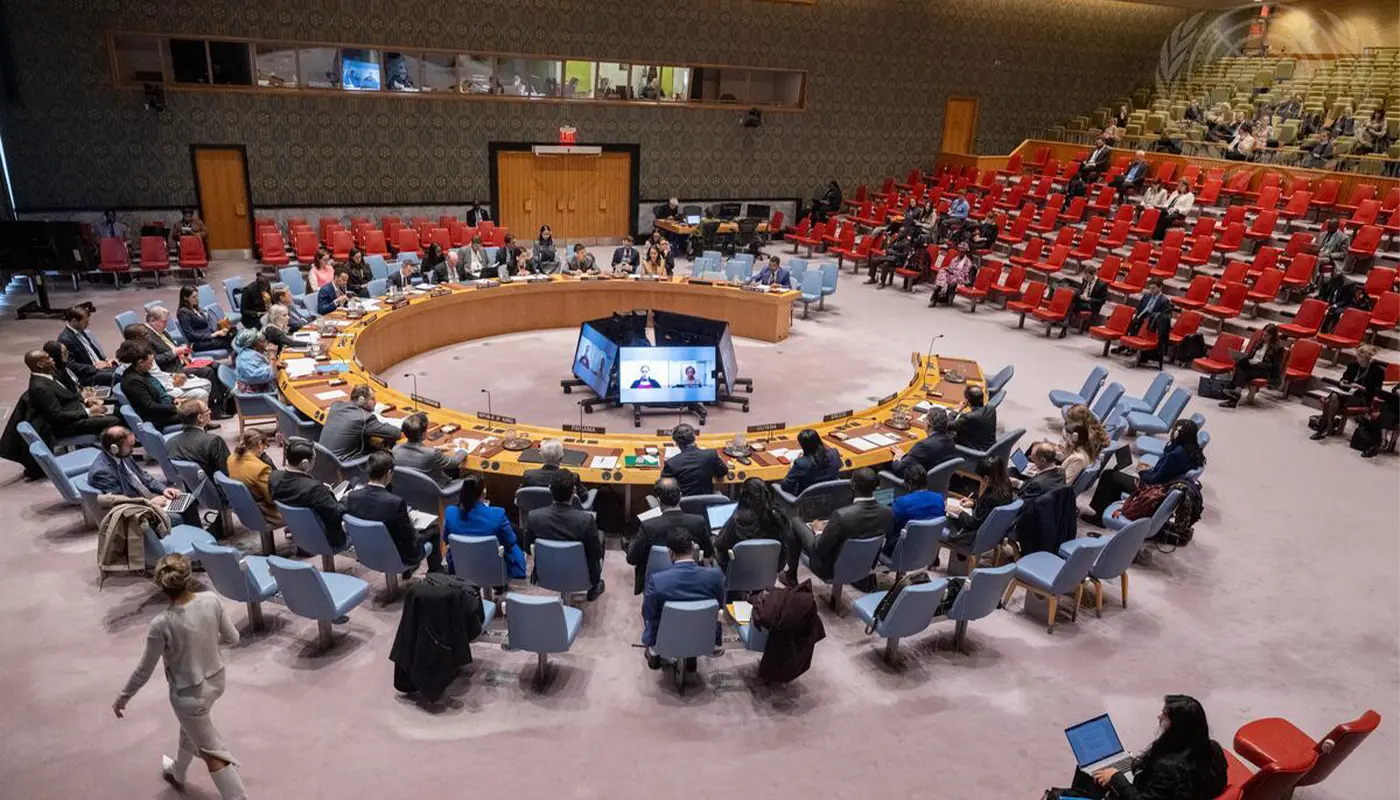The United Nations Security Council held a high-level session on 6 November 2025 to examine the growing impact of climate change on international peace and security. The meeting, chaired by Sierra Leone, which currently holds the Council presidency, marked a significant step in recognising environmental pressures as drivers of instability.
The agenda, titled “Climate and security – environmental impact of armed conflict and climate-driven security risks”, underscored how rising global temperatures, extreme weather events, and resource scarcity are intensifying tensions in vulnerable regions.
Briefings were delivered by Inger Andersen, Executive Director of the UN Environment Programme (UNEP), Charles C. Jalloh, Professor of Law at the University of Miami and member of the International Law Commission, and a civil society representative.
Andersen stressed that climate change is “not only an environmental issue but a fundamental challenge to peace and security,” urging the Council to integrate climate risk assessments into its conflict prevention strategies.
Professor Jalloh highlighted the legal dimensions, noting that international law must adapt to address displacement and resource disputes linked to climate impacts. Civil society representatives emphasised the human cost, pointing to communities already facing food insecurity and forced migration due to climate-related disasters.
The meeting also reflected the growing influence of the African members of the Council (A3), who have consistently advocated for stronger recognition of climate-security links. Sierra Leone’s leadership was seen as pivotal in pushing the issue onto the formal agenda, following years of informal discussions.
While there was broad consensus on the urgency of the matter, divisions remain over how the Council should act. Some members argued that climate change falls primarily under the remit of development and environmental bodies, while others insisted that its destabilising effects make it a clear security concern.
The session comes amid intensifying global climate negotiations, with the upcoming COP30 summit expected to place greater emphasis on adaptation and resilience.
Analysts suggest that the Council’s engagement could help bridge the gap between environmental policy and security frameworks, ensuring that climate risks are factored into peacekeeping and conflict resolution efforts.
Trending discussions about the meeting include “UN climate security debate,” “Sierra Leone UN presidency,” and “climate change conflict risks.” The debate is expected to continue in future sessions, as member states grapple with how best to integrate climate considerations into the Council’s mandate.
Sources: UN Security Council, Security Council Report, UN Web TV





